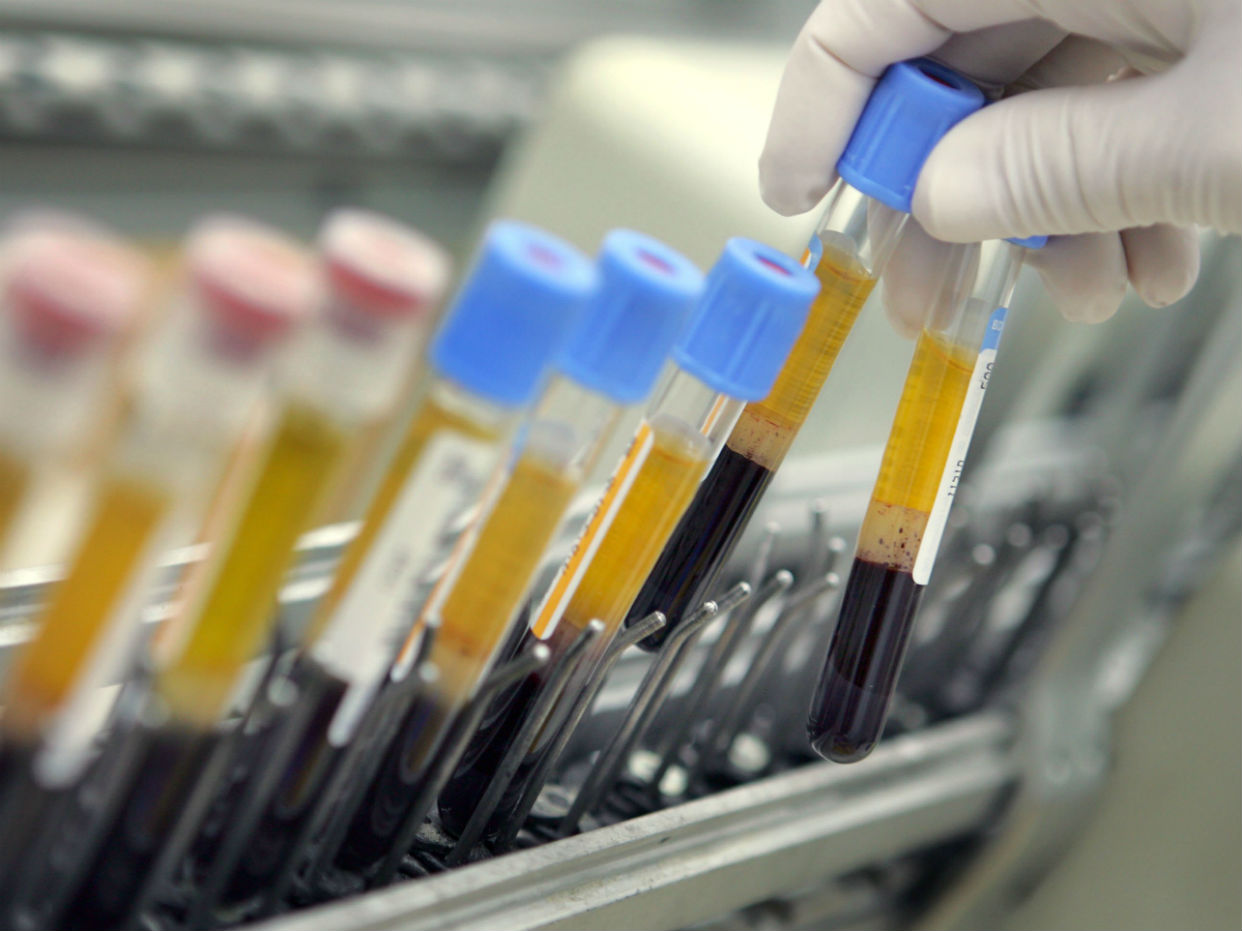HIV researchers edge closer to a cure
British man with HIV hoping to be cured of the disease after unprecedented collaboration between universities

A free daily email with the biggest news stories of the day – and the best features from TheWeek.com
You are now subscribed
Your newsletter sign-up was successful
How modified HIV cells are being used to treat cancer
12 November 2014
A man with an aggressive form of cancer has gone into remission after receiving pioneering treatment involving the use of modified HIV cells. Marshall Jensen from Utah was diagnosed with leukaemia in early 2012 and had been receiving the gene therapy for the past few months.
Last year, seven-year old Emily Whitehead was given the same treatment and remains cancer free. But how does the therapy work and why are some experts still concerned about its use?
The Week
Escape your echo chamber. Get the facts behind the news, plus analysis from multiple perspectives.

Sign up for The Week's Free Newsletters
From our morning news briefing to a weekly Good News Newsletter, get the best of The Week delivered directly to your inbox.
From our morning news briefing to a weekly Good News Newsletter, get the best of The Week delivered directly to your inbox.
What is the treatment and how does it work?
Dr Carl June, a highly respected scientist in the field of cancer, HIV and immunology, and his team have been developing the pioneering the treatment for more than two decades at a research hospital in Pennsylvania.
The treatment, which costs roughly $20,000 per patient, essentially trains the immune system to recognise and kill tumour cells. Scientists extract healthy t-cells, a type of white blood cell that fights infection, and reprogramme them with modified version of the HIV virus. "It's a disabled virus," June explained. "But it retains the one essential feature of HIV, which is the ability to insert new genes into cells."
This new gene then "makes the cells go after cancer cells and then we put those cells back in the patient", explains Dr Stephan Grupp, the doctor who treated Whitehead. These cells then grow and multiply, creating an "an army of killer cells" that fight the disease, according to Cancer Research UK.
A free daily email with the biggest news stories of the day – and the best features from TheWeek.com
How effective is it?
Nine out of the 12 cancer patients who have received the treatment are in either full or partial remission, according to the Idaho-based KSL news who reported on Jensen's remission. However, some of those patients went on to have different treatment, so it is unclear whether the gene therapy was solely responsible for their recovery.
"We make it clear when we talk to a family that it may not work", says Dr Gupp, and Cancer Research agrees that this is an important caveat. "It's clear that it doesn't work for everyone", it said.
What are the other downsides?
The treatment has severe side effects. Several patients suffered what is known as a "cytokine storm", a dangerous and potentially fatal reaction by the immune system which causes breathing difficulties and can also cause significant damage to organs.
Experts also stress that the treatment is still highly experimental and trials are still underway to establish its efficacy and safety. "There is a lot more work to be done to find out how best to use this new technology," said Cancer Research.
What next?
Scientists are working to extend its use beyond leukaemia, with Dr June planning to begin trials soon for pancreatic cancer.
"It's still early days for these exciting new approaches and there are many hurdles to jump," said Cancer Research, "but we're looking forward to the day when they can be used to treat patients on a wider scale."